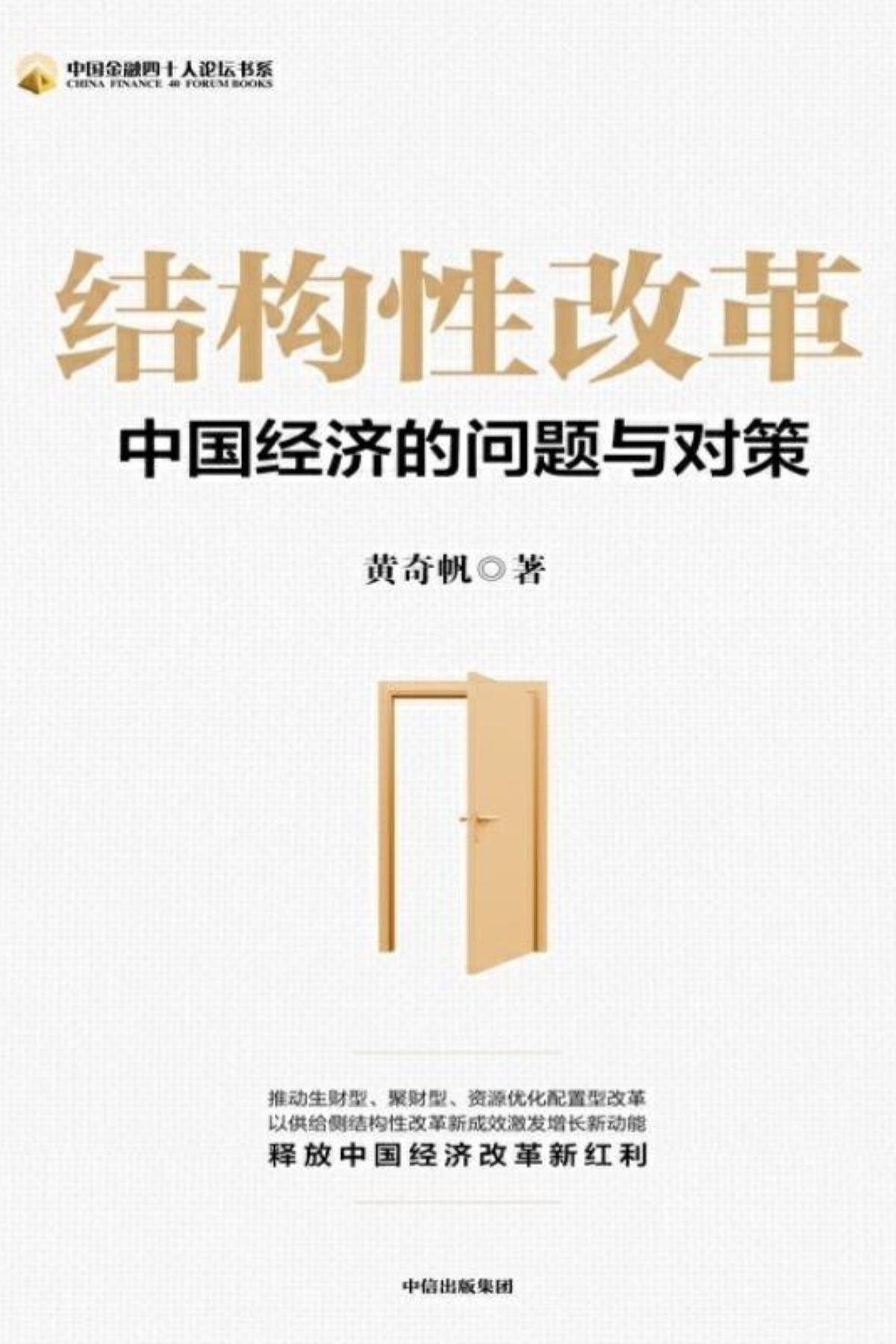The consideration and study of economic issues has long become a daily habit and way of life for me.
- Qifan Huang
Time flies, and four months of 2024 have passed. Structural Reform, China’s economic challenges and solutions is the third book I've read this year, as economics has recently become a topic of great interest to me. I think understanding economics is fundamental to comprehending how the world operates. As a Chinese, I am also keen to gain insights into China's economy and the role the government plays in shaping it. This book, written by Qifan Huang, former mayor of Chongqing, provides the precise answers I sought.
Overall, while I think Structural Reform is a good read, it is not as great as the reviews on book review websites suggest. This book serves as a reminder not to rely solely on such reviews. Nevertheless, I want to share some subjective thoughts. The book helped me understand the Chinese economy, its challenges and opportunities, as well as related policies.
On a positive note, the book provides an excellent explanation of the structural changes from the supply side, offering great coverage on taxation, business environment, and geopolitics with America and the rest of the world. In geopolitics, the book acknowledges that trade friction is unavoidable but emphasises that the key is achieving better international development. The book also covers private and public companies, including how to help small businesses, which account for 70% of companies in China, in solving problems such as financing. Additionally, it delves into city, regional, and urban cluster development, the financial sector (specifically foreign capital in China), land and real estate, referred to as the pillar industry with benefits that have peaked, along with the policies surrounding these topics. The importance of government macroeconomic engagement seems increasingly essential in China, and it is unsurprising that one must first comprehend government policies to understand the economy and business.
Furthermore, the book provides new angles from macro and micro levels for analysing the Chinese economy, offering insightful perspectives on issues such as the reform of the housing provident fund, the inadequate exit mechanism in China's current stock market, and the low capital operating efficiency of state-owned enterprises. I quite like the author's comparison between China and developed economies at different stages of growth when detailing China's problems, such as per capita living space, the proportion of retail investors in the stock market, and the resource ratio in the real estate market. This comparison also helps me recognise how I should analyse similar problems in the future. The author covers a wide range of topics, all worth further investigation, and each is complex in itself.
However, the book's excessive use of jargon detracted from the reading experience, offering no value to the readers. Moreover, the content could have been more concise, as one-third merely repeats the same topics and ideas. It makes some sections seemingly drawn out and boring.
In summary, Structural Reform is a recommended reading for understanding China's economy and policies, although some sections are redundant. It would be a great companion read alongside Insider's Perspective, a book on Chinese policies. As Mr. Huang said, studying the economy is a lifelong mission.
